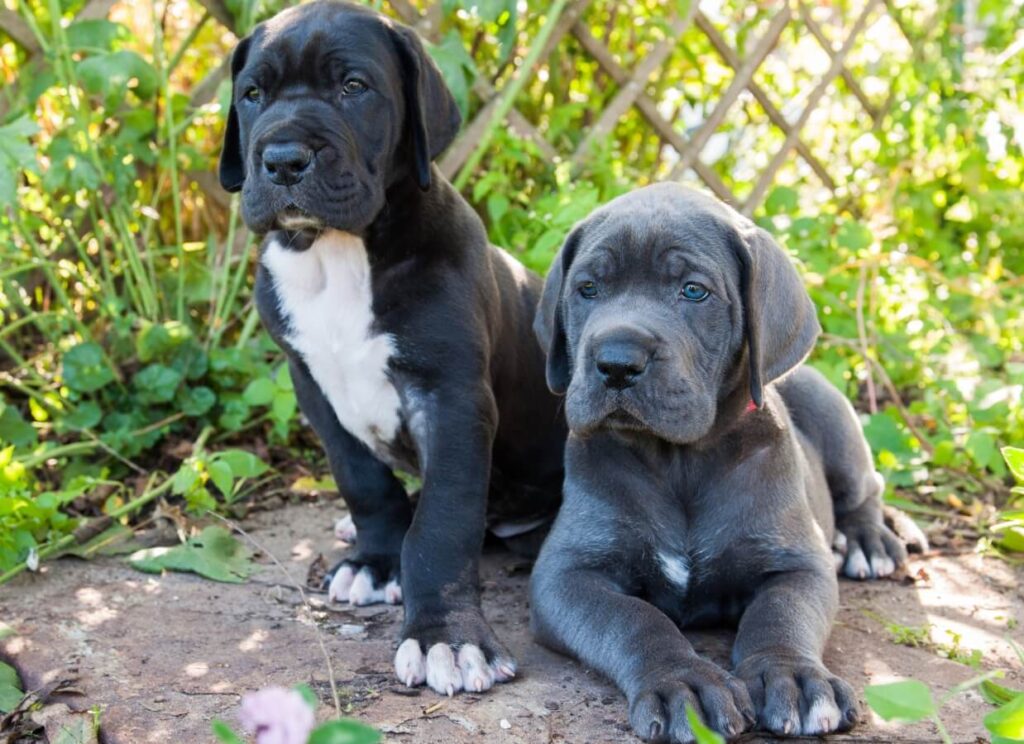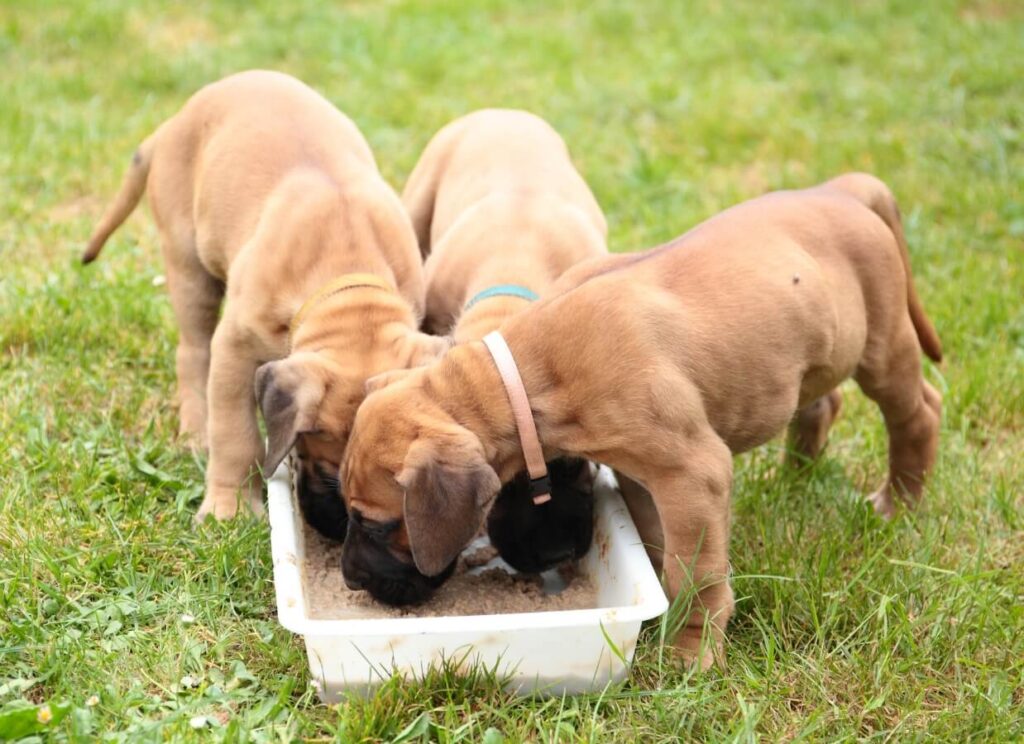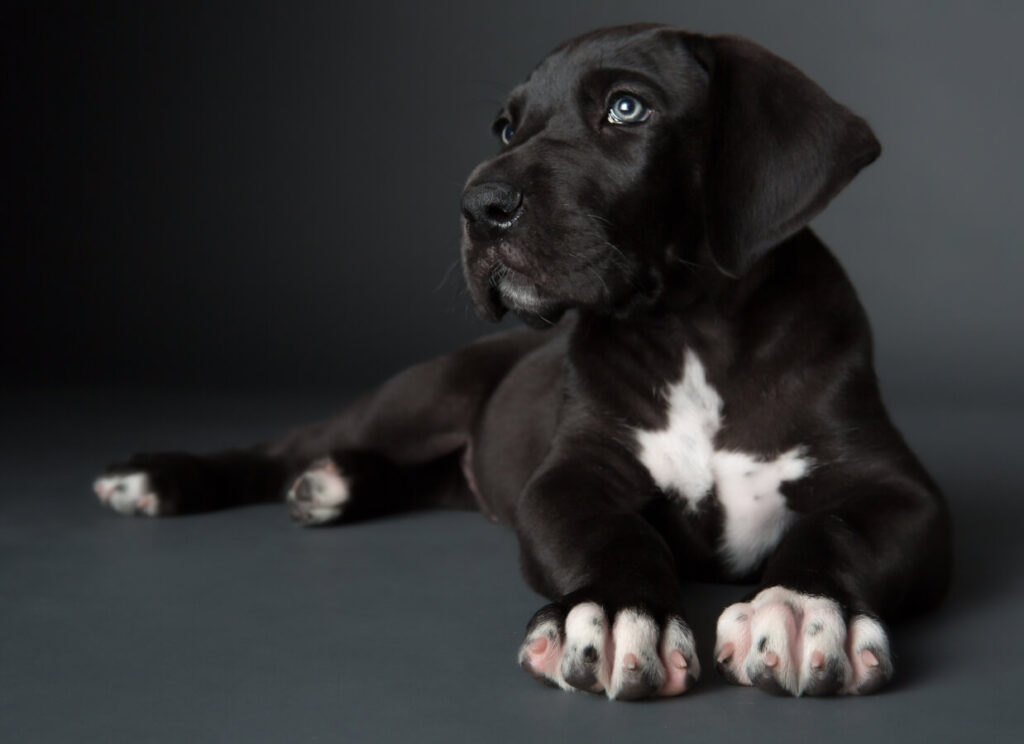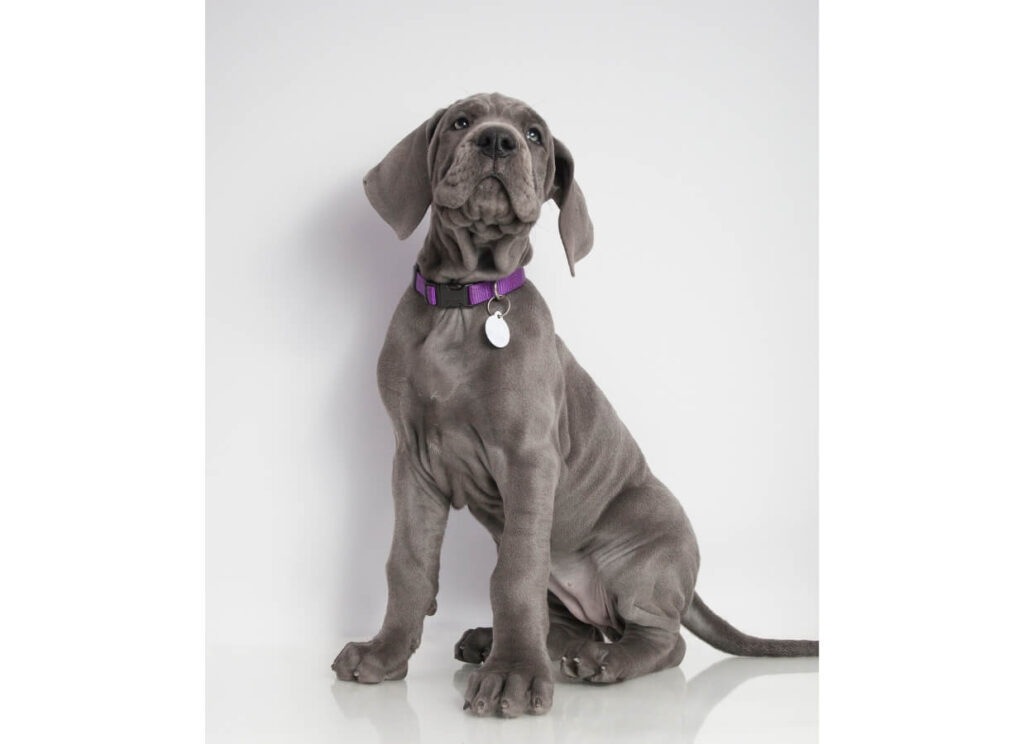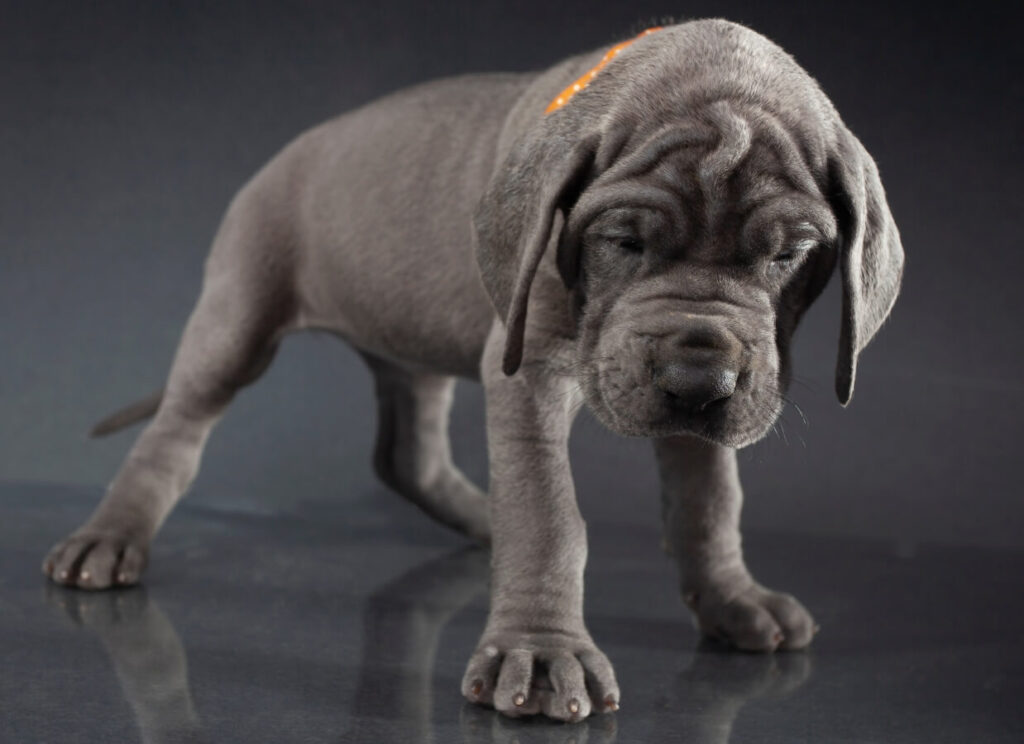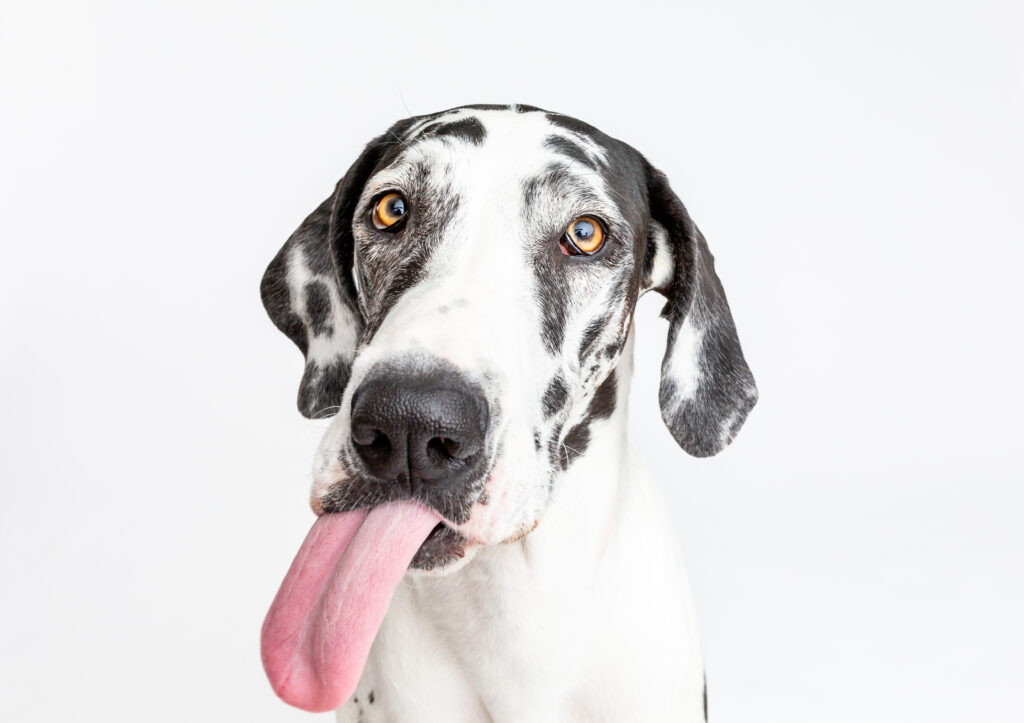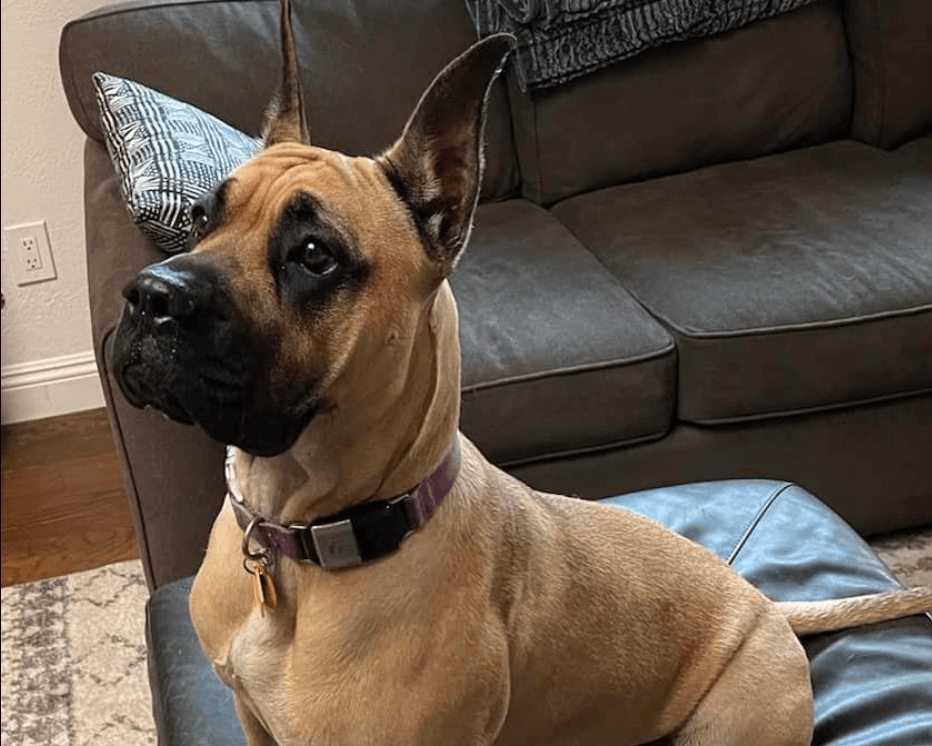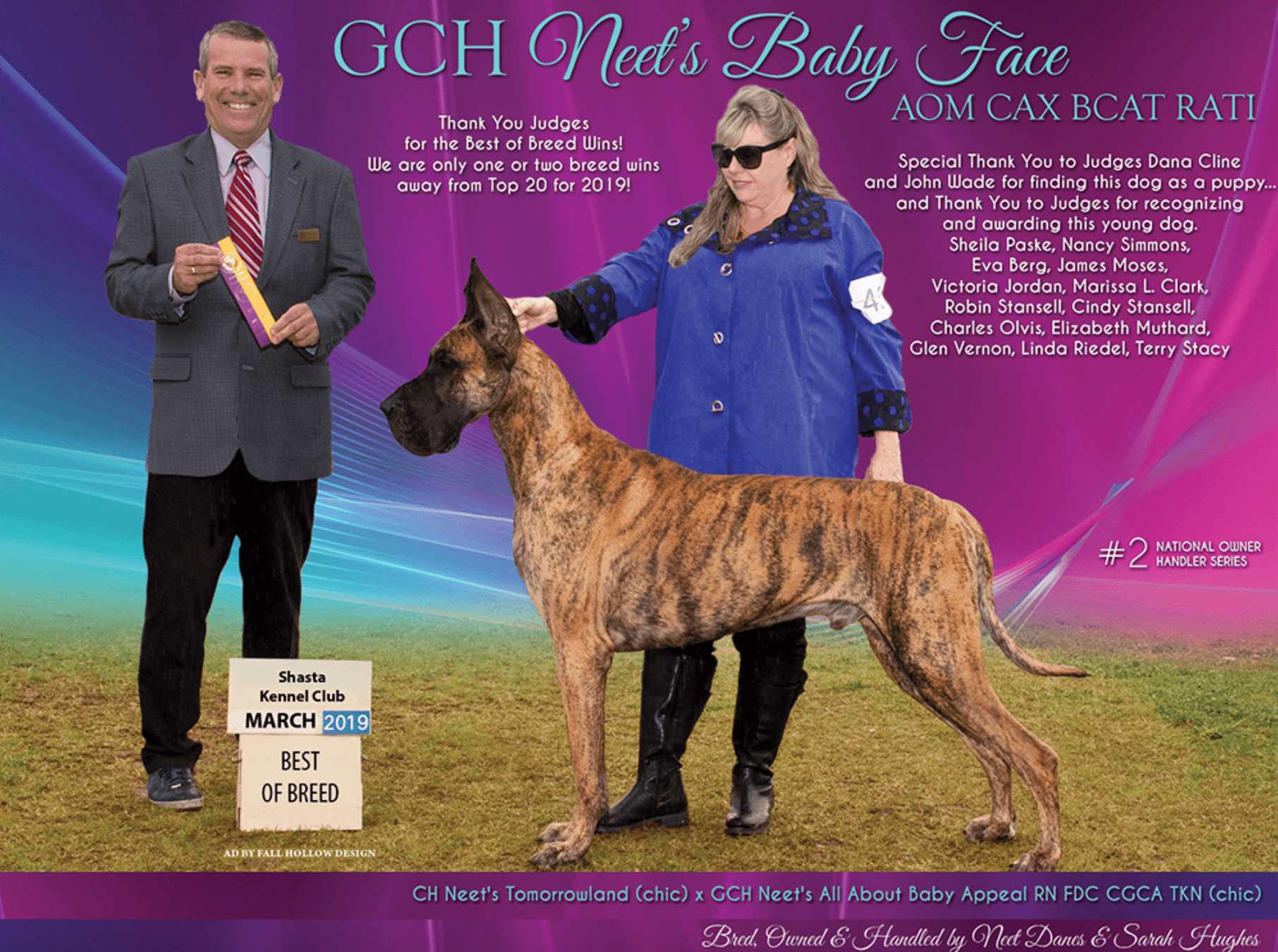Puppy mills, often hidden in plain sight, are a distressing reality within the commercial dog breeding industry. Many pet owners have a hard time telling the difference between a puppy mill vs. breeder when looking for a new pet.
Despite increased awareness and efforts to combat puppy mills, these mass-breeding facilities continue to operate, churning out puppies for profit while neglecting the welfare of the animals. What’s worse, some organizations disguised as “rescues” may be selling puppy mill dogs!
Read on for information on:
- Inhumane living conditions for puppy mill dogs
- Health issues resulting from irresponsible breeding practices
- How to distinguish reputable breeders from their unethical counterparts
- Spotting a puppy mill
- Signs that a dog came from a puppy mill
- Puppy mill rescue

What is a Puppy Mill?
A puppy mill is a commercial breeding facility that prioritizes profit over the well-being of the dogs.
These operations typically mass-produce puppies in overcrowded and unsanitary conditions, often with little regard for the health or genetic quality of the animals. Puppy mills are characterized by inhumane breeding practices, such as overbreeding, lack of proper veterinary care, and minimal socialization.
The primary goal of puppy mills is to maximize output and profit, leading to the neglect and suffering of the animals involved.
These facilities commonly supply pet stores, online sellers, “rescues” and brokers with puppies, perpetuating the cycle of irresponsible breeding and contributing to the pet overpopulation problem.
Puppies that come from puppy mills are often brought to auctions, where they are sold like cattle.

Puppy Mill vs. Breeder: Key Differences
Here’s a comparison between a puppy mill vs. breeder. It’s important to note that the value of each puppy’s life is equal, regardless of their origin. Every puppy deserves a wonderful life.
However, some may not have the best start due to the practices that brought them into the pet population. This isn’t fair to the puppy or to its future owners.
| Puppy Mill | Ethical Breeder |
|---|---|
| Breeding Practices | |
| Focuses on quantity over quality, often mass-producing puppies without regard for health or genetic issues. | Selectively breeds dogs to improve the breed, and will prioritize health, temperament, and conformation. |
| Breeds dogs indiscriminately, leading to an increased risk of hereditary diseases and behavioral problems. | Conducts health screenings and genetic testing on breeding dogs to minimize the risk of hereditary diseases in puppies. |
| Living Conditions | |
| Dogs are typically kept in overcrowded and unsanitary conditions, often confined to small cages with minimal space for movement or exercise. | Maintains clean and spacious facilities where dogs are treated as part of the family, often living inside the breeder’s home. |
| Lack of proper hygiene and veterinary care results in a higher incidence of health problems among dogs. | Provides adequate space for exercise and socialization, ensuring the well-being of both adult dogs and puppies. |
| Socialization & Care | |
| Puppies receive minimal socialization and interaction with humans, leading to behavioral issues such as fearfulness and aggression. | Puppies receive early socialization and exposure to various stimuli to help them develop into well-adjusted pets. |
| Basic needs such as proper nutrition, grooming, and veterinary care are often neglected. | Provides proper nutrition, veterinary care, and training to ensure the physical and mental health of the puppies. |
| Transparency & Accountability | |
| Lack of transparency about breeding practices, living conditions, and the health of the dogs. | Offers transparency about breeding practices, health testing results, and the lineage of the dogs. |
| Little to no accountability for the well-being of the animals, with profit being the primary motive. | Provides written contracts outlining the responsibilities of both the buyer and the breeder, along with health guarantees and support after the purchase. |

Signs That a Puppy is From a Puppy Mill
If you have a new puppy, you may have some concerns about if they are from a puppy mill. Even if you think you worked with a reputable breeder, it’s important to know that puppy mills are insidious. They are everywhere!
Here are some signs that a puppy may come from a puppy mill:
- Selling Location:
- The puppy is being sold in a pet store that sources its puppies from various breeders, including commercial facilities.
- A broker sold the puppy to you.
- The seller is unable or unwilling to provide detailed information about the puppy’s breeding history or the facility it came from.
- Unwillingness to Allow Visits:
- The seller refuses to allow potential buyers to visit the facility where the puppies are bred and raised.
- Excuses are made regarding why visits are not possible, such as claiming that the breeder’s location is remote or that visits are not allowed for health reasons.
- Multiple Breeds Available:
- The seller offers a wide variety of dog breeds available at the same time, which may indicate mass breeding for profit rather than focusing on one or two breeds with expertise and care.
- Lack of Health Certifications:
- The seller cannot provide health certifications or documentation of veterinary care for the puppy or its parents.
- There is no evidence of genetic or OFA Health testing for hereditary health conditions common to the breed.
- Poor Living Conditions:
- The puppy appears dirty, matted, or unhealthy, suggesting inadequate grooming and care.
- The seller is unable to provide information about the conditions in which the puppy was raised, or that the environment is visibly unsanitary.
- Behavioral Issues:
- The puppy exhibits signs of fearfulness, anxiety, or aggression, which may result from inadequate socialization during its early development.
- The puppy shows signs of being under-socialized, such as fear of humans or unfamiliar environments.
- Transaction Details:
- The seller is primarily focused on completing the sale and shows little concern for the puppy’s well-being or its suitability for the buyer’s lifestyle.
- The seller does not provide a written contract outlining the terms of the sale, including health guarantees and return policies.
- Retail Rescue:
- The puppy comes from a rescue that purchased the litter of puppies at an auction under the guise of “saving” them.
- The rescue claims that the puppies have been “saved from the meat trade” or “slaughterhouse” (yes, these are puppy mill dogs).

What is a Puppy Broker?
A puppy broker is a middleman or intermediary who facilitates the sale of puppies between breeders and buyers. Instead of breeding puppies themselves, puppy brokers act as a link between those who produce puppies (such as breeders or puppy mills) and those who purchase them (such as pet stores, online sellers, or individual buyers).
Puppy brokers often deal with large numbers of puppies and may operate on a regional or national level. They typically acquire puppies from commercial breeding operations like puppy mills, and occasionally small home breeders (who are unethical simply because they provide control of their litter to a broker).
Once acquired, puppy brokers may transport the puppies to different locations for sale, such as pet stores, online marketplaces, or through direct sales to individual buyers. They may also handle advertising, marketing, and logistics related to puppy sales.
It is unethical to purchase puppies from a broker.

What is Retail Rescue?
Retail rescue is the practice of rescues who may obtain puppies from the “meat trade” or puppy mill auctions, and sell them as “rescues”.
While in theory, these dogs have been “rescued” from some kind of situation they were in, both of these practices are highly unethical.
You can spot retail rescues by looking at the puppies they offer.
Red flags include:
- Several litters of 8-10+ week-old purebred or designer puppies are available for adoption.
- They ask for donations so they can “save puppies from a puppy mill” (typically this means they are going to a puppy mill auction to buy puppies).
- The rescue is selling purebred and designer “rescue” puppies for exorbitant prices, and pricing them based on the desirability of their breed and color.
- Rescue volunteers will skirt around questions about where the puppies come from.
- They will adopt a dog out to anybody with few checks and balances.
What Are “Meat Trade” Rescue Dogs?
Dogs labeled as rescued from the meat trade are often dogs from puppy mills.
These organizations market these dogs as “saved from the meat trade”, but this narrative is frequently baseless.
It manipulates potential adopters by exploiting racial stereotypes, leading them to believe they are saving a dog from abuse and the dinner plate.
Many dogs identified as “meat trade rescues” originate from puppy mills and were never meant for consumption. Exercise caution and refrain from perpetuating racial stereotypes.

What Happens to Puppy Mill Puppies That Aren’t Sold?
Puppy mill puppies that aren’t sold typically face various outcomes, none of which are ideal for their well-being.
Unfortunately, every purchase of a puppy mill puppy from any source fuels this terrible machine:
- Continued Breeding: In some cases, unsold puppies may be kept by the breeder to continue breeding operations. This perpetuates the cycle of overbreeding and contributes to the proliferation of puppy mills.
- Neglect or Abandonment: If breeders cannot find buyers for their puppies, they may neglect or abandon them. These puppies may be left to fend for themselves in overcrowded and unsanitary conditions, leading to health issues and suffering.
- Euthanasia: Puppy mill breeders and brokers may euthanize unsold puppies, especially if they are sick or deformed.
- Selling to Brokers or Auctions: Some breeders may sell unsold puppies to brokers or auctions, where they are often purchased by other breeders, “rescues”, or pet stores. This perpetuates the cycle of exploitation and contributes to the overpopulation problem.
- Surrender to Shelters or Rescues: In some cases, breeders may surrender unsold puppies to animal shelters or rescue organizations. These puppies may then be placed for adoption in loving homes, but they may face challenges due to a lack of socialization and proper care.
Overall, the fate of unsold puppy mill puppies highlights the unethical practices of the puppy mill industry and underscores the importance of adopting pets from reputable sources that prioritize animal welfare.
It may be tempting to try and save these dogs, but the puppy mills are counting on people who fall for this trap.

How to Stop Puppy Mills
Stopping puppy mills requires a multifaceted approach involving legislation, consumer awareness, and support for responsible breeding practices. It requires pet owners to be fully informed about the puppy mill vs. breeder comparison.
Here are some steps that can help address the issue:
- Support Legislation: Advocate for stronger animal welfare laws and regulations that regulate commercial breeding operations. Encourage lawmakers to enact and enforce laws that impose stricter standards for breeding facilities, such as minimum space requirements, regular veterinary care, and restrictions on breeding frequency.
- Raise Awareness: Educate the public about the realities of puppy mills and the importance of avoiding purchasing pets from disreputable sources. Use social media, community events, and educational campaigns to spread awareness about the cruelty of puppy mills and promote adoption from shelters and reputable breeders.
- Promote Adoption: Encourage adoption from animal shelters, rescue organizations, and reputable breed-specific rescues as the primary option for acquiring pets. Highlight the benefits of adopting homeless animals and provide resources to support potential adopters in finding the right pet for their family.
- Support Spaying and Neutering: Promote spaying and neutering programs to reduce the population of unwanted pets. Encourage pet owners to spay and neuter their pets and support initiatives that provide affordable or free spay/neuter services to low-income communities.
- Choose Responsible Sources: Encourage individuals to research and choose responsible breeders who prioritize the health and welfare of their dogs. Guide other dog lovers on how to identify reputable breeders, including visiting breeding facilities, asking for OFA health certifications, and researching breed-specific organizations.
- Boycott Pet Stores: Refrain from purchasing pets from pet stores that source their animals from puppy mills. Instead, support stores that partner with animal shelters or rescue organizations to promote adoption.
- Report Suspected Puppy Mills: If you suspect a breeding operation is a puppy mill or is engaging in unethical practices, report it to local animal control authorities, law enforcement, or animal welfare organizations. Provide detailed information and evidence to support your concerns.

